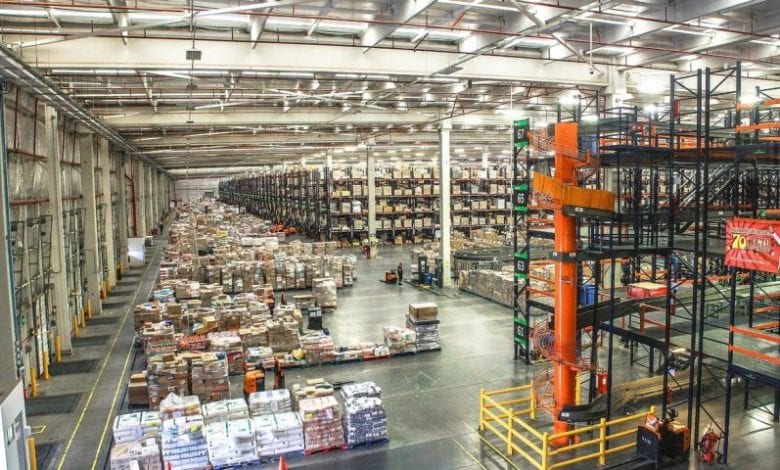How the right warehouse automation system can improve operations

Warehouse automation systems are a significant investment for food and beverage companies but investment in the right system will futureproof a business, driving efficiency, maximising output and cutting operational costs.

